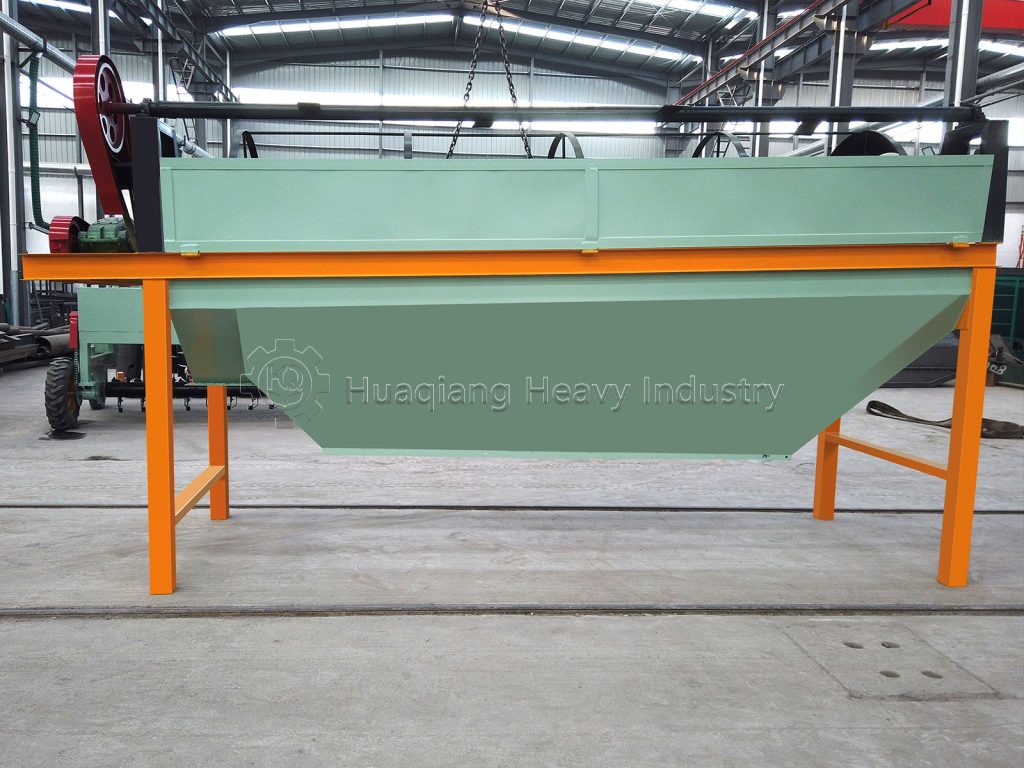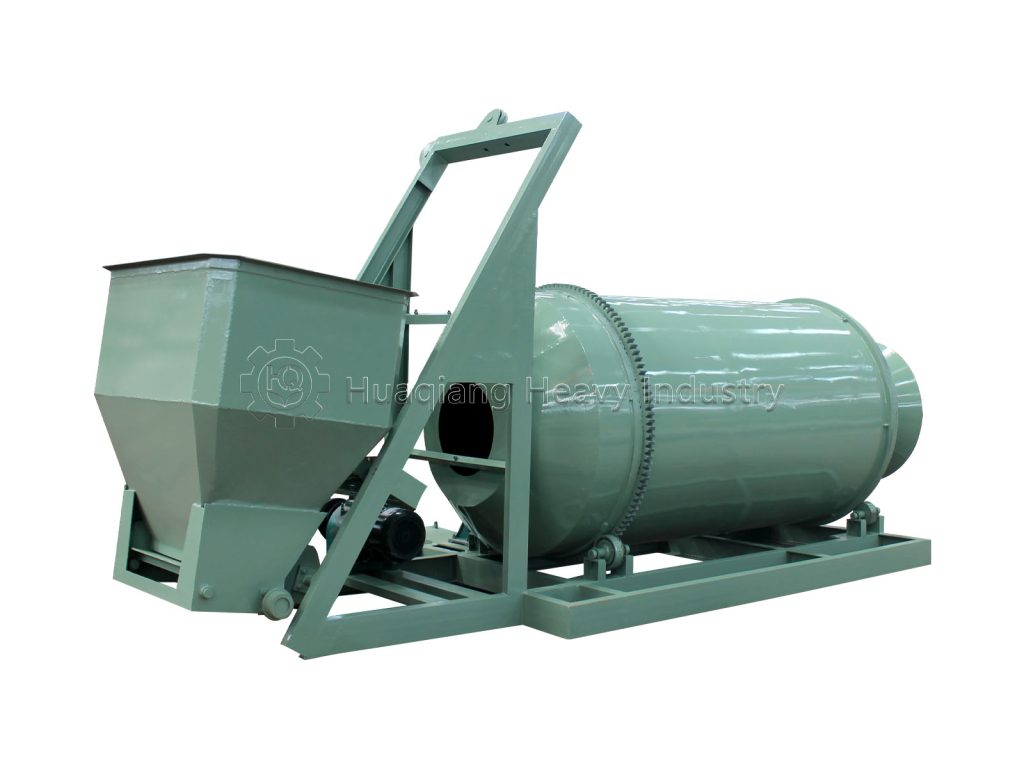Drum screener machines are a versatile screening equipment used across multiple industries. The quality of their routine maintenance directly determines their operational stability and service life. Mastering effective maintenance techniques not only reduces equipment failures but also lowers maintenance costs.
Regular inspection and replacement of the screen mesh is essential. The screen mesh is the core component of a drum screen for precise screening and is prone to wear, deformation, and clogging over time. A comprehensive inspection is recommended at least weekly. If damage or holes are found in the screen mesh, it should be replaced promptly to prevent unscreened material from entering the finished product. If the mesh mesh is clogged, high-pressure water jets or specialized cleaning tools can be used, depending on the material characteristics, to ensure unobstructed mesh. Careful cleaning should be applied to avoid damaging the screen mesh surface, which could affect screening accuracy.

Equipment cleaning and seal maintenance are also crucial. After production, the drum should be cleaned promptly to prevent material accumulation, which could lead to agglomeration and corrosion of the drum wall. The exterior of the drum screener machine should also be wiped regularly to prevent dust and oil accumulation that could affect heat dissipation. The seal is a crucial component in preventing dust leakage. Its integrity should be inspected quarterly. If any seal is found to be aged, deformed, or damaged, it should be replaced promptly to prevent dust from entering the equipment and increasing component wear, while also ensuring a clean workshop environment.
Finally, operators must strictly follow the operating specifications of the drum screener machine to avoid overloading or improperly adjusting parameters to minimize equipment damage caused by human error.

